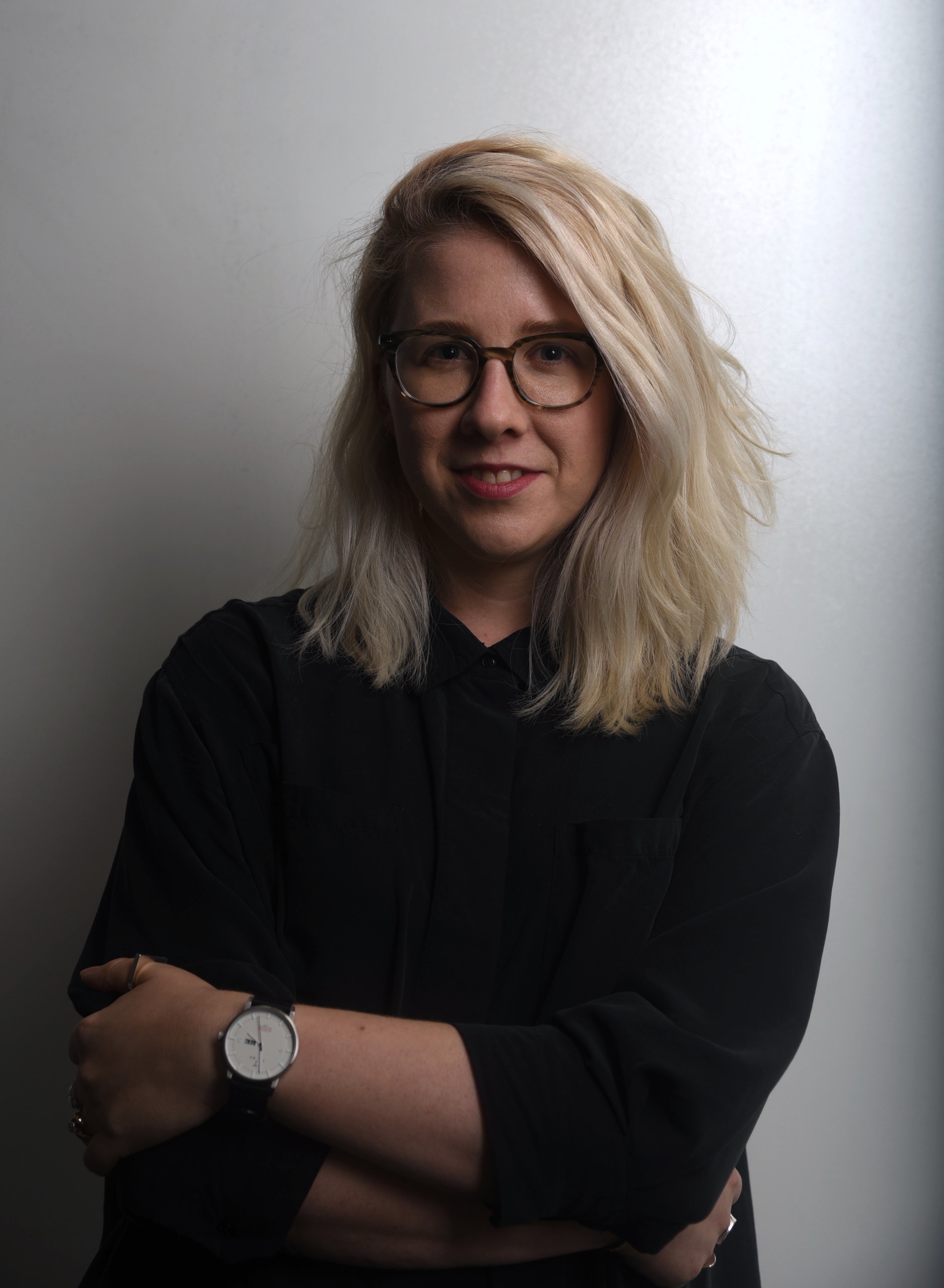ASU alum amplifies women’s voices in urban planning

Tomorrow’s cityscapes and communal gathering places will be shaped by science and female leadership.
Women around the world have been excluded from many professions throughout history, including, until recently, city planning and management.
The result has been twofold: a lack of diverse viewpoints to tackle urban issues thoroughly and overlooked design needs — such as poor lighting and a shortage of public restrooms and ramps — that impact the healthiness, safety and usability of public spaces.
But Arizona State University alumna Katrina Johnston-Zimmerman is out to change all that.
Johnston-Zimmerman is both an anthropologist and an urbanist — a person who plans cities. Within the last year, she left her New York City job and founded her own consulting company, THINK.urban, which uses anthropology to design more livable cities. But she’s also become a pivotal figure in the movement to help women take charge in urban planning.
“I like to bring historical and archaeological contexts to urbanism. The more we understand ourselves, past and present, and how our environment shapes us, the better we'll all be in our urban habitats,” she said.
She traces her expertise in these goals back to her undergraduate at ASU, where she earned a bachelor’s degree in anthropology from the School of Human Evolution and Social Change.
It’s a constant battle to persuade cities and designers that scientific research, such as anthropological survey, is a crucial part of making sure that public spaces benefit the people who use them. But now that she works freelance, Johnston-Zimmerman has the liberty to focus on activating change in the areas she feels need it most.
“I work better when I have the ability to manage my own time and initiatives, which makes consulting an appealing alternative to the nine-to-five grind,” she said.
For example, one of her recent projects was helping the United Nations High Commissioner for Refugees rethink the way the agency plans refugee camps.
“Human beings need certain things in order to feel comfortable in different environments, and a refugee settlement should be no different than a city in that regard,” Johnston-Zimmerman said. Even if a family’s space is “temporary,” factors such as customizability and comfort are still important, she adds, especially because many refugee stays can last a decade or longer.
Besides this work, she also has been consulting on a research plan that will shape Long Beach, California's system of bike paths and co-hosting Third Wave Urbanism, a podcast on the latest urbanism news.
"We can start by listening to women, putting them in places of leadership and ensuring that they are equally represented in the planning process.”
— Katrina Johnston-Zimmerman
Her most ambitious project yet, however, may be the Women Led Cities Initiative, which aims to both lift the voices of female urbanists and explore how building cities with women in mind can improve their overall livability.
Johnston-Zimmerman hosted a kick-off meeting for the initiative last October at Placemaking Week in Amsterdam, an international public-space design conference. There, she and fellow urbanists were able to discuss the challenges of feminist city planning and identify common goals.
Women have already made great contributions to urbanism in recent decades, as well as some instances in the distant past — Johnston-Zimmerman lists the female architects of ancient India and the city of Miami, founded by Julia Tuttle, as examples.
“However, we've never truly been in control of urban environments,” she said. “In a sense, we don't know what this will look like. But we can start by listening to women, putting them in places of leadership and ensuring that they are equally represented in the planning process.”

Katrina Johnston-Zimmerman is an anthropologist and an urbanist.
The female mayors of Paris and Barcelona, Spain, are another encouragement to Johnston-Zimmerman. Barcelona intends to create “superblocks” to restrict traffic and convert many streets into public, walkable spaces. And in Paris, local government aims to make the city center a pedestrian-only zone. Together, they demonstrate the benefits of planning cities around the needs of all people, including women, and the power of bringing diverse voices to that planning process.
As for the Women Led Cities Initiative, it will host its first working conference in Johnston-Zimmerman’s hometown of Philadelphia on March 24–25.
“After that, the sky's the limit,” she said. “I would like to see this turn into an international conference and produce materials that assist cities in adding women to their urban planning and management teams.”
When asked how she would encourage others who are interested in shaping the areas they call home, Johnston-Zimmerman had simple advice.
“There are so many people of different backgrounds working to make our cities better, from policy and research to planning and community development. If we lift each other's voices, we can change the culture of urbanism for the better.”
More Arts, humanities and education

Professor's acoustic research repurposed into relaxing listening sessions for all
Garth Paine, an expert in acoustic ecology, has spent years traveling the world to collect specialized audio recordings.He’s been…

Filmmaker Spike Lee’s storytelling skills captivate audience at ASU event
Legendary filmmaker Spike Lee was this year’s distinguished speaker for the Delivering Democracy 2025 dialogue — a free…

Grammy-winning producer Timbaland to headline ASU music industry conference
The Arizona State University Popular Music program’s Music Industry Career Conference is set to provide students with exposure to…

